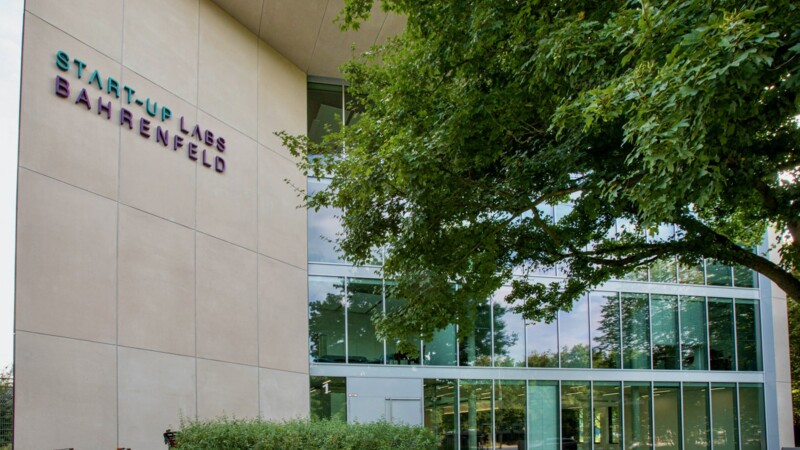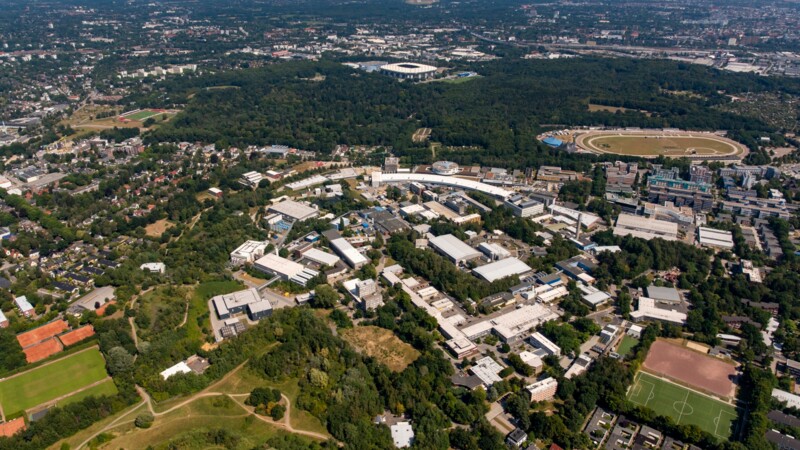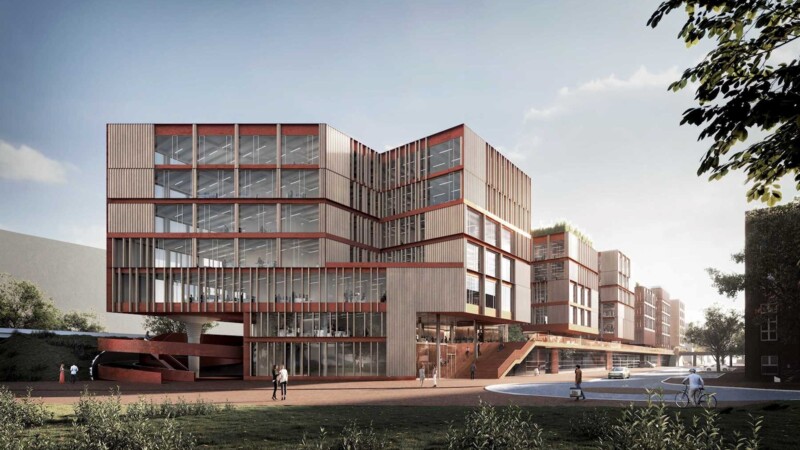The proximity to major research infrastructures such as Petra III and European XFEL, and DESY (German Electron Synchrotron) and the Max Planck Institute for Structure and Dynamics of Matter are advantageous. Prof. Dr. Arwen Pearson, Director HARBOR, said: "That means we can advance our own work and act as an interface and provide complementary infrastructure and expertise to the national and international research community."
The University of Hamburg’s HARBOR (Hamburg Advanced Research Centre for Bioorganic Chemistry) building became the latest addition to the Science City Bahrenfeld campus Tuesday (September 21, 2021). The building, which was opened during a digital ceremony, will combine molecular biology with biochemistry and physics and offer space for about 130 scientists, the Ministry for Science said. The interdisciplinary centre has been built at a cost of some EUR 32 million of.which the German government is paying EUR 13.75 million. Research will focus on molecular processes in human cells to better understand and combat diseases.
HARBOR - an interface for researchers
Next step for Science City Bahrenfeld
The opening of the research centre marks another big step for Science City Bahrenfeld, according to Katharina Fegebank, Senator for Science, Research and Equality. Science, business, housing as well as leisure and recreation are to be brought together in one place for the first time in Hamburg's history by 2040. "What is being created there in the coming years is truly unique. HARBOR is a pillar of our knowledge city. Cutting-edge research will be undertaken there on an international level," she added. Prof. Dr. Dr. Dieter Lenzen, President of the University of Hamburg, said: "Looking into the smallest molecular structures will help raise the research campus' international visibility considerably."
tn/sb/pb
Sources and further information
More
Similar articles

Research in Hamburg driving energy transition

Start-up Labs Bahrenfeld now open

DESY driving co-operation between science and industry
